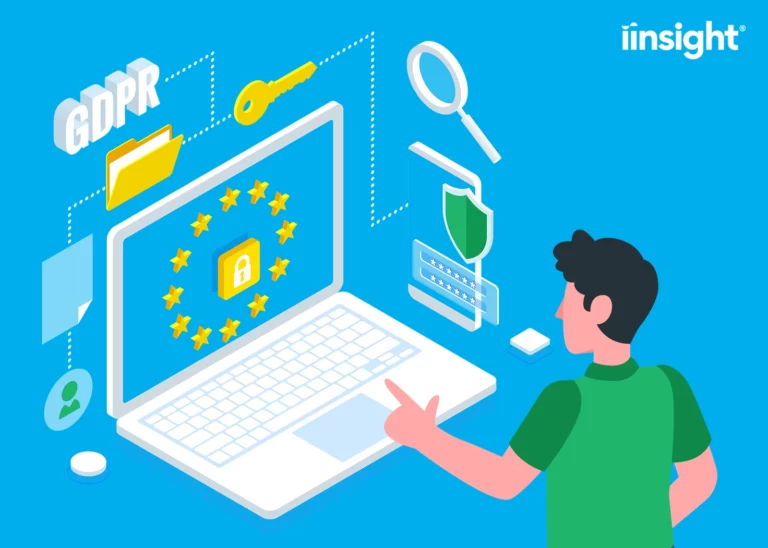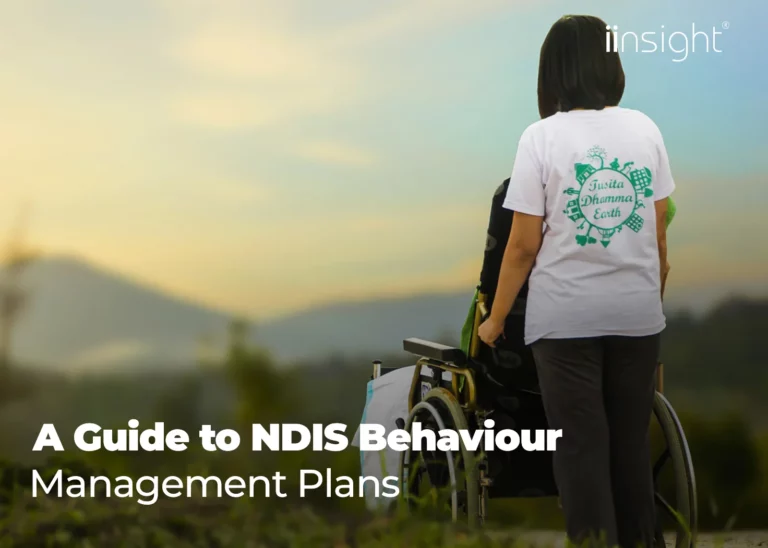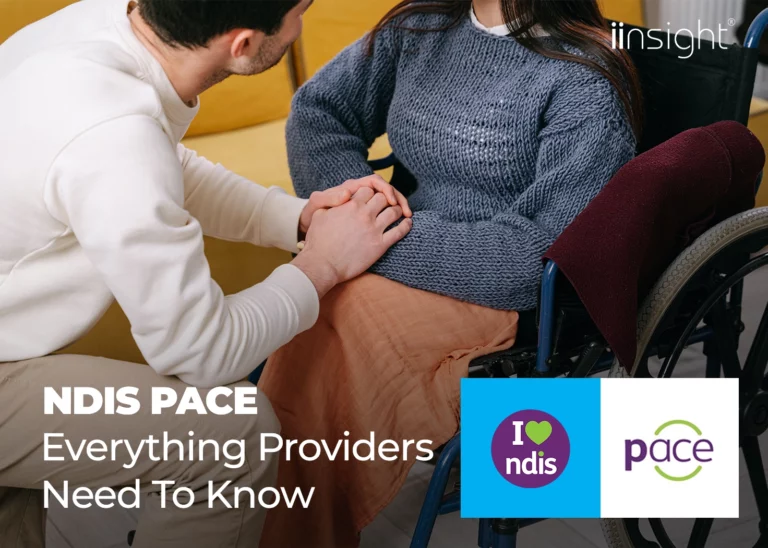Why blog? There’s a strong case for Allied Health professionals to begin blogging. Having undergone years of medical school and training, you are qualified with very vital information that people want to know more about.
Before the internet, people would have to visit a library to research a particular condition. Now, thanks to medical blogs, journals, and studies published online, anyone can access information that is written by professionals. That said, they should take care to consult credible and authoritative sources.
Providing research material is not the only reason to blog, though.
Allied Health blogs differ in both content and style. Professionals can write on anything from commentary on a topical issue to sharing a patient’s experience living with a condition. From a professional perspective, the content you publish adds to the diversity and abundance of the online allied health conversation.
Why Blog? 4 Reasons Why Allied Health Professionals Should Publish Content Online
It Improves Website SEO
Search Engine Optimisation (SEO) is the process of ranking content or a website on search engines such as Google.
One aspect of SEO is keywords. As a quick recap, keywords are the words or phrases that your potential patients or audience enter into the search engine bar to find information online related to your service. It may be information to perform a self-diagnosis, research a condition, or locate a health care provider: validate what these phrases are, and write them into blog content.
Once published, Google will trawl the text to detect keywords and get an understanding of what the content is about. It will then go on to rank the content on the search engines using its algorithm. The purpose of this is so that it delivers the most relevant results to a person performing an internet search.
Google uses several factors in its ranking algorithm. However, generally speaking, high quality/authority content which attracts backlinks, as well as websites with a regularly updated blog tend to rank higher.
Why blog to rank your website and content? Well, to give it more visibility: head of Google Health, David Feinberg, says that around 7% of daily searches on Google are health-related, equivalent of 70,000 every minute. However, to get in on the action, you want to be on the first page of Google – stats show that over 70% of internet users never make it to page two.
Essentially, if your website is to act as a source for patient referrals or industry connections, you need to pay attention to SEO, which can be improved by maintaining a high-quality blog.
To Answer Patient’s Questions
In the previous section, we heard how many daily health-related searches take place on Google. Patients have questions starting at the onset of symptoms or after an accident or diagnosis, through to treatment and discharge. These are likely the same questions that other people with the same condition would ask.
Whatever the case may be, building an online repository of related educational information in your blog can be very valuable.
For one, it can attract the attention of new patients searching for answers online. After finding these on your website, they may be inclined to seek treatment with you if your content resonates with them.
Alternatively, the content can also act as a time-saver for your practice as you refer patients to your blog for answers to any of their FAQs.
Get Industry and Peer Recognition
The answer to the question of why blog can also be to get recognition from your industry peers. Share your highly relevant and insightful content on the channels or groups where other highly-qualified professionals frequent, and you might grab their attention. This recognition can benefit you two-fold.
Firstly, now that you have established your expertise, your name may spring to mind for any related patient referrals that your peers need to send on.
And secondly, your content may open the door to strike up conversations which allow you to reflect on your knowledge, treatment methods, practice, and the industry at large. These sorts of conversations are essential for growth in the allied health industry at large.
To Humanize Your Practice
As an allied health provider, your service embodies professionalism. This should carry through to your online presence as well.
While it’s important to maintain high standards and compliance at all times, you can still show a lighter side of your practice or person to connect with your audience. Blogging allows you to introduce your practice or team, or share some of your own experiences or a case study (with consent). This helps to eliminate part of the mystery around treatment, giving patients better peace of mind for the journey ahead with your practice.
Build An Online Community Through Blogging
Why blog? Because the patients you serve are likely from your surrounding community and the allied health field is reliant on both networking and community. Blogging gives you a voice with which to enact both of these online.
If your growing community is walking through the door and increasing your administrative caseload, then try our iinsight case management software for a free 14-day trial. It’s designed for allied health professionals, has no lock-in contracts, and is intuitive and easy to use.














